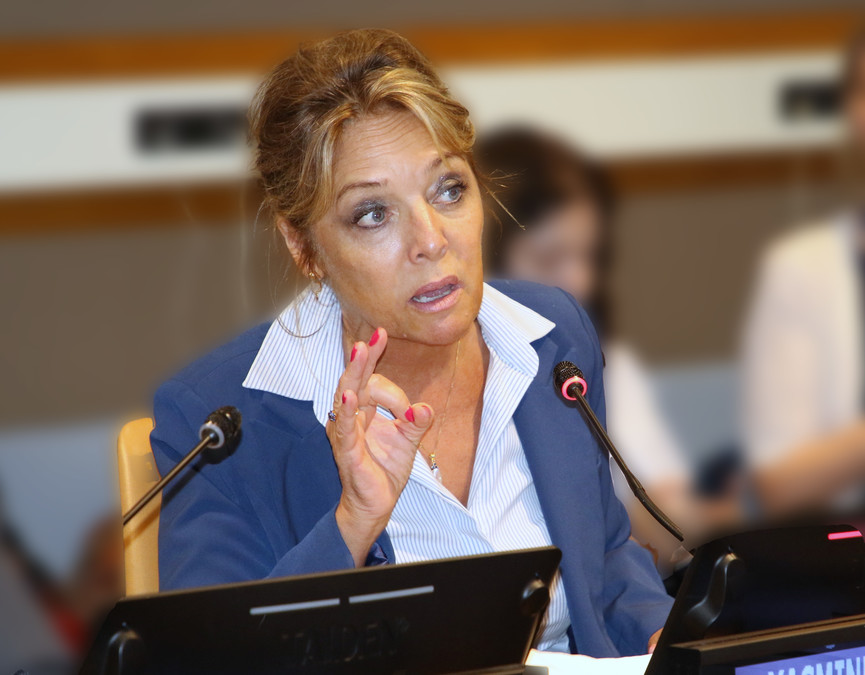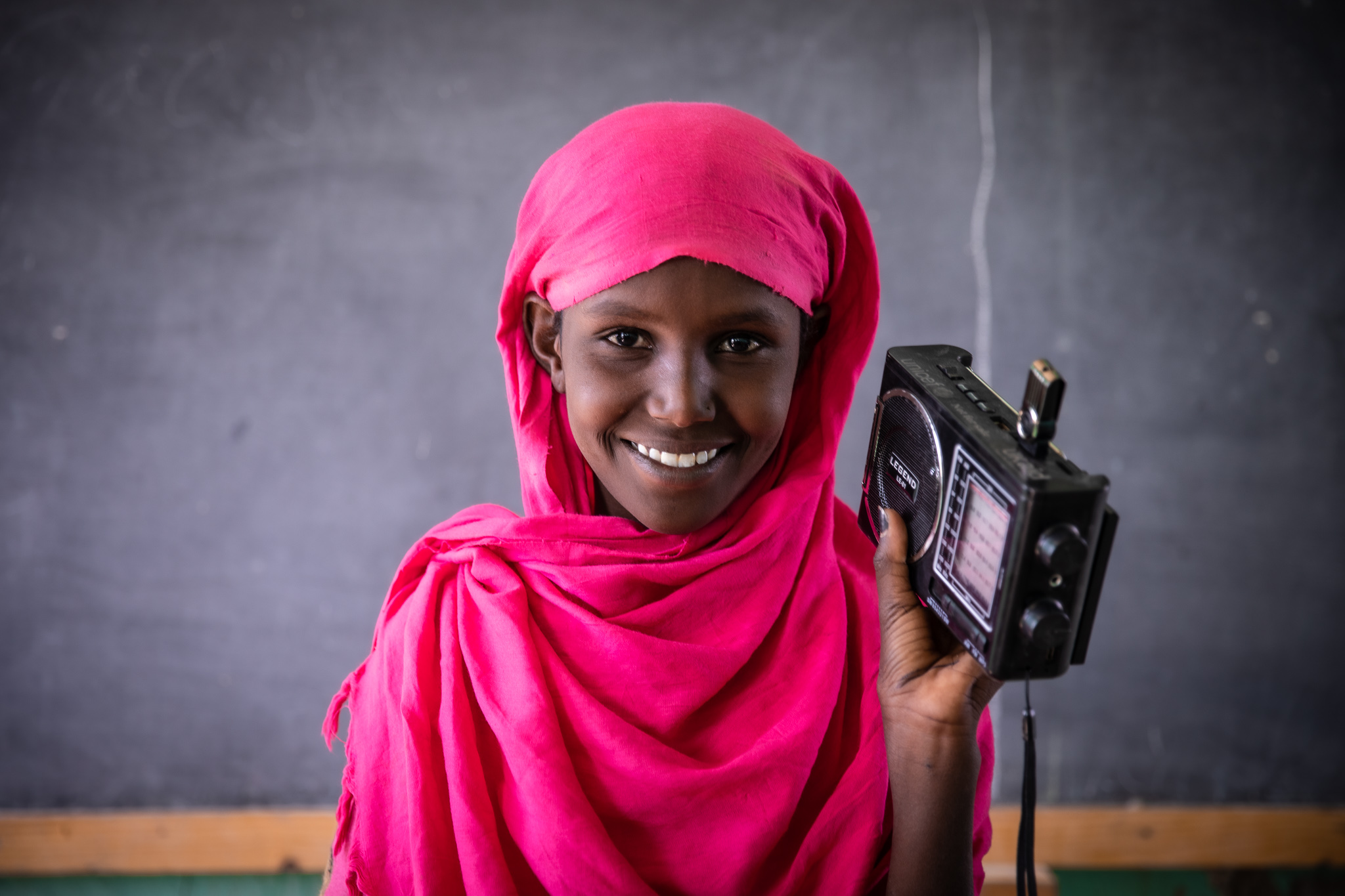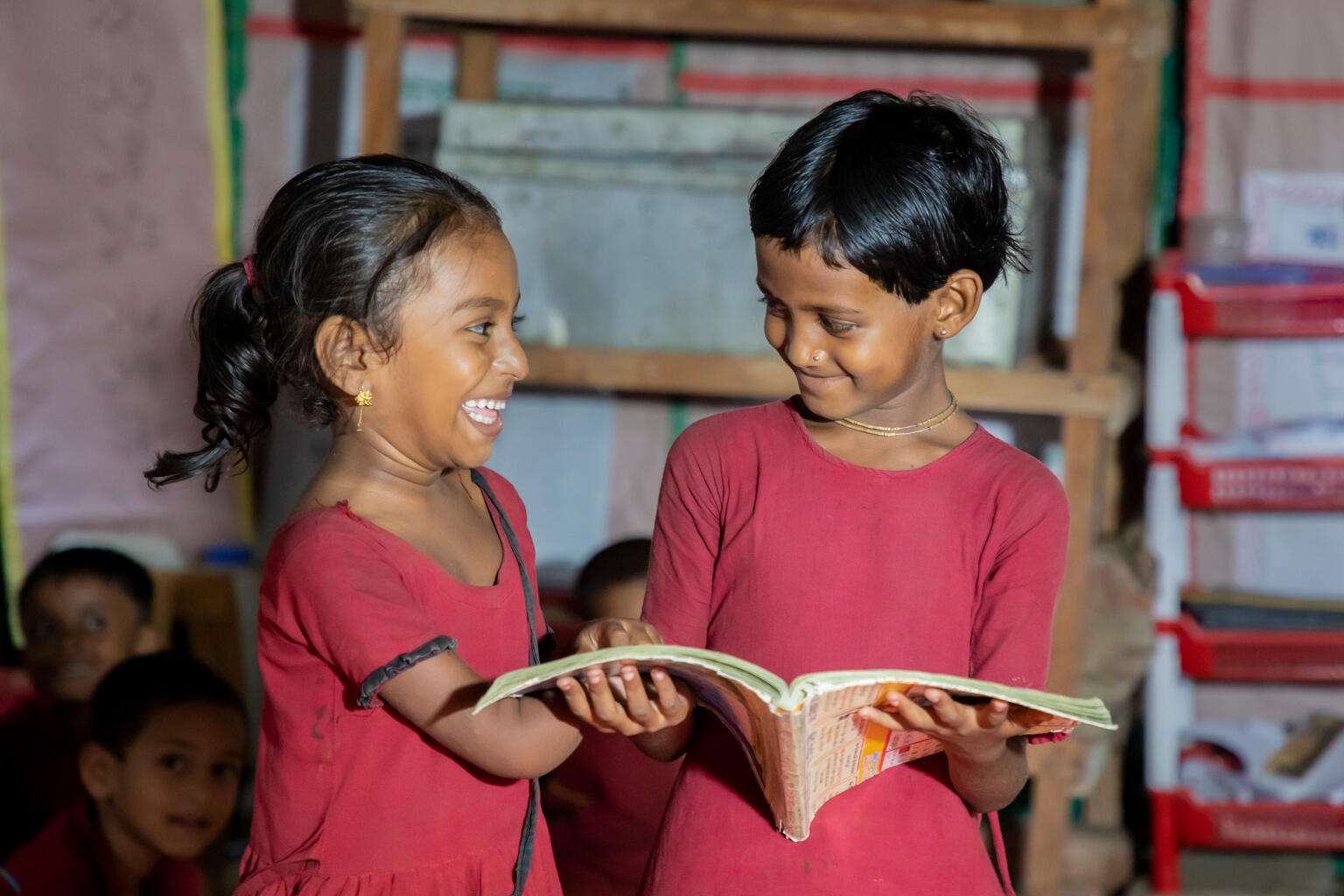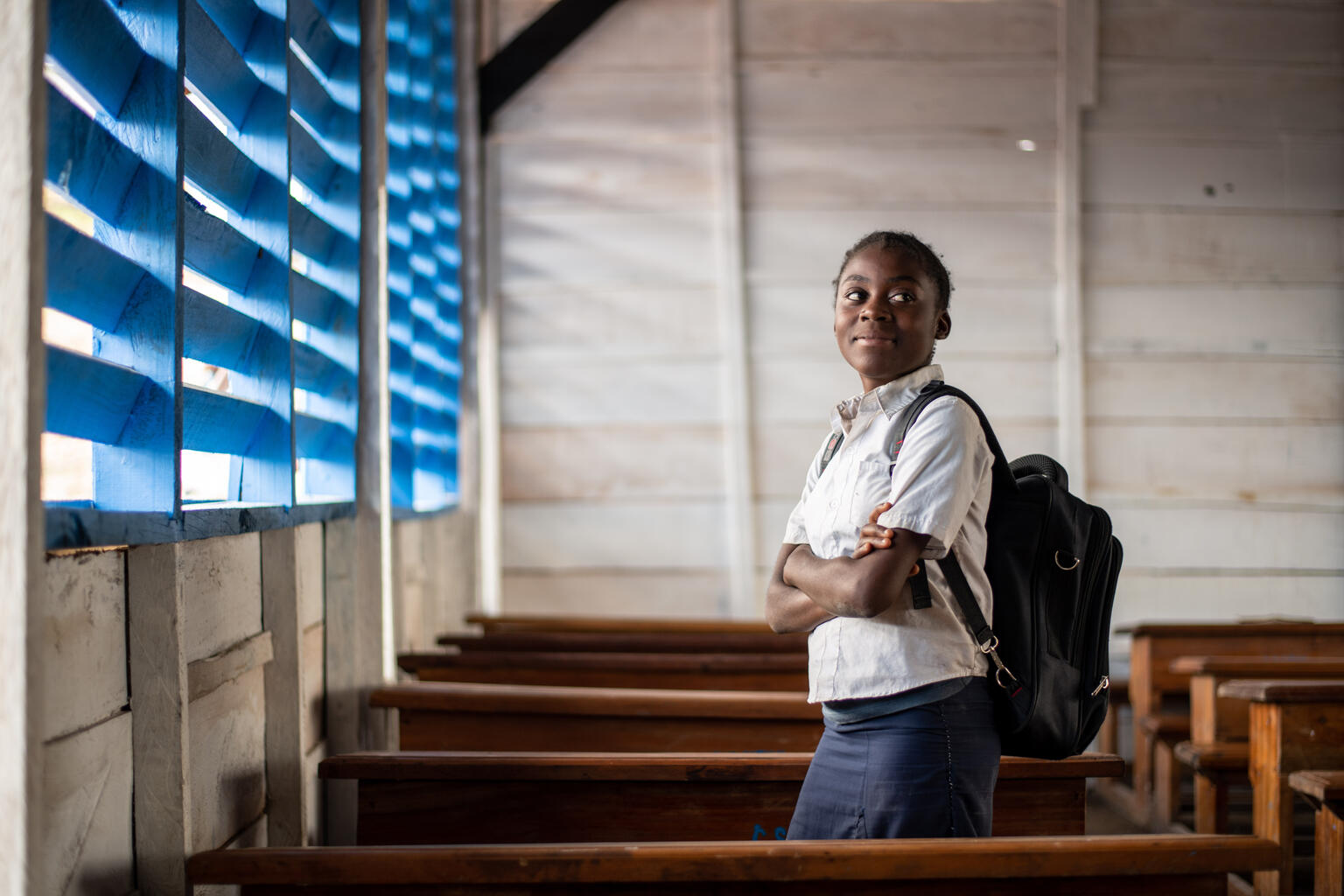The Future of an Entire Generation Hangs in the Balance
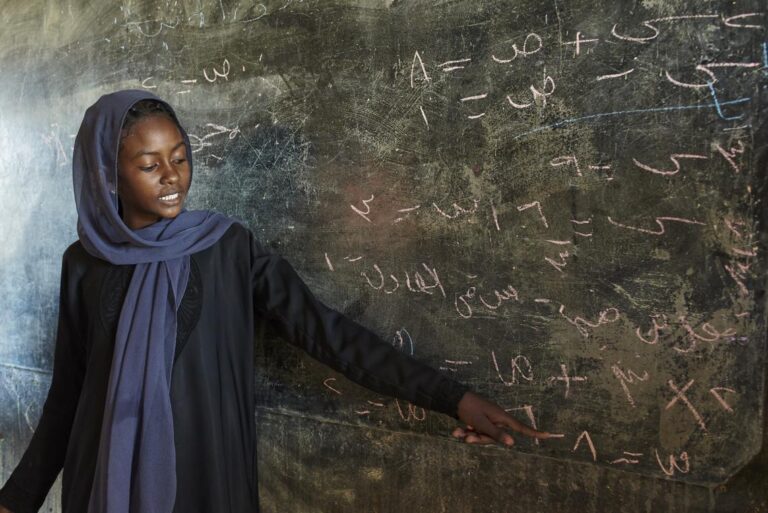
View original on the World Education Blog.
By Yasmine Sherif, Director, Education Cannot Wait, and Joseph Nhan-O’Reilly, Director, International Parliamentary Network for Education
COVID-19 has upended our world, threatening our health, destroying economies and livelihoods, and deepening poverty and inequalities. It also created the single largest disruption to education systems that the world has ever seen.
Schools also play a critical role in ensuring the delivery of essential health services and nutritious meals, protection, and psycho-social support, which means that their closure has imperiled children’s overall wellbeing and development, not just their learning. At the same time, conflicts continue to rage and the disastrous effects of a changing climate threaten our very existence and are driving record levels of displacement.
Crisis upon crisis
128 million children and youth people whose education was already disrupted by conflict and crises have been doubly hit by COVID-19, with the pandemic creating a ‘crisis upon a crisis’. The length and extent of disruption to education systems around the world due to the pandemic has tested the very concept of education in the context of humanitarian crises.
What does it mean to be dedicated to ‘education in emergencies’ in a world in which 90% of schools were shut due to a global pandemic?
How do we support children get an education in countries affected by conflict and fragility when in peaceful and stable countries millions of children are at risk of never returning to school?
Will the push to deliver remedial education for the millions of children who have lost learning over the last two years stretch to helping the three million refugee children who were out of school before the pandemic?
Breakthrough or breakdown?
These questions underscore a stark and urgent choice. Do we push for an ambitious and inclusive breakthrough or accept that the pandemic has led to an irreversible breakdown in educational progress and will permanently deny millions of children the opportunity to go to school?
From Afghanistan to Zimbabwe conflicts, forced displacement, famines, and climate-change-induced floods, fires, and extreme heat, together with COVID-19 have combined to form a fatal cocktail that is robbing children of their education.
Last week on a visit to Cameroon, Education Cannot Wait met some of the 700,000 children there who are impacted by school closures due to violence. If this alone were not bad enough, just a few days before the visit, four students and a teacher were killed in a targeted attack, and, in a separate heinous incident, a young girl had her fingers viciously chopped off just for trying to go to school.
Education is a priority for communities caught up in crises
The bravery and determination of the children of Cameroon is a testament to the priority that crisis-affected communities all across the world place on education. They know that education transforms lives, paving the way to better work, health, and livelihoods. They know that continuing education in a safe place provides a sense of normality, safety, and routine for children and young people whilst building the foundations for peace, recovery, and long-term development among future generations.
They tell us their education cannot wait. But delivering that quality education to these children remains a persistent challenge.

